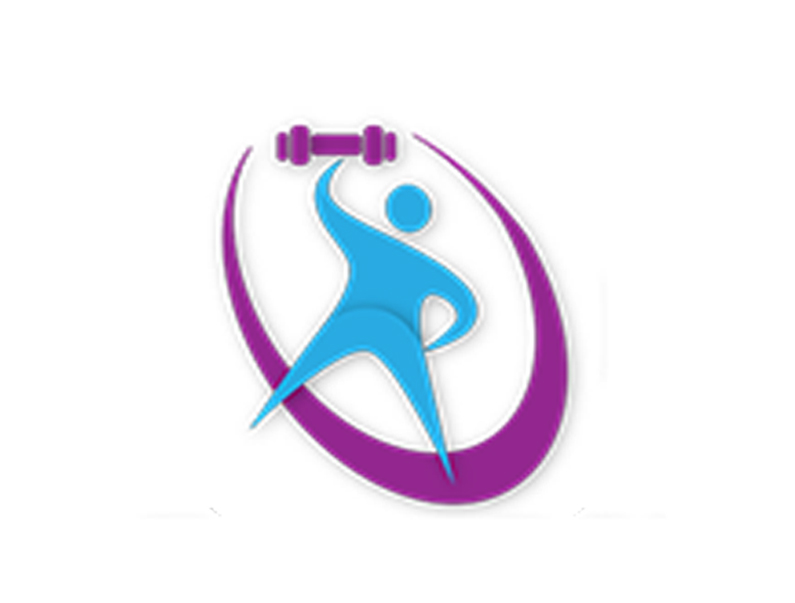BLOG 314 WINE
This BLOG is for all my wine-os who I love dearly even though you put up a good fight with this drink. I understand that nightly glass takes the edge off, it’s that nice addition to a meal, and wine is your choice of beverage socially. You all tell me what wine might means to you haha. And it seems like each week a new study comes out saying whether wine is in fact good or bad for you. I’m going to play neutral here and discuss the pros and cons of wine consumption.
Let’s look at red and white wine and I know there are a million subcategories but let’s just place them in these two categories to develop an understanding.
Beginning with red…. On the plus side, red wine does contain antioxidants (resveratrol and flavonoids) which are heart healthy and can help prevent “blood vessel damage as well as reducing LDL cholesterol” (http://www.popsugar.com/fitness/Pros-Cons-Drinking-Red-Wine-White-Wine-Champagne-14656661). Red wine may prevent cancer and, “According to a study in the British Medical Journal, individuals who have one alcoholic drink a day are up to 25 percent less likely to develop heart disease than those who drink no alcohol at all” (http://www.everydayhealth.com/healthy-living-pictures/ways-alcohol-helps-and-hurts-your-health.aspx#04). Red wine might make you ageless: “According to a study published in the journal Public Library of Science Medicine, women in their fifties who indulge in one drink a day or less on a regular basis may age better and be healthier for longer. And research from the University of Texas, Austin, found that drinkers outlived their sober peers — more than half of moderate imbibers were still alive within 20 years of the start of the study, compared with only 30 percent of nondrinkers” (http://www.everydayhealth.com/healthy-living-pictures/ways-alcohol-helps-and-hurts-your-health.aspx#08).
Before I start with white wine, I must interject with this public service announcement haha that I have preached before but I’m still being neutral (maybe): “Alcohol itself doesn’t necessarily add inches to your waistline, but it does change the way your metabolism works, which, combined with the extra calories you’re consuming in every cocktail, could lead to a bigger waistline. When you drink, your body stops metabolizing everything else in order to first excrete the booze, so carbs, fat, and protein aren’t processed as efficiently” (http://www.everydayhealth.com/healthy-living-pictures/ways-alcohol-helps-and-hurts-your-health.aspx#05).
White wine didn’t seem as popular a choice, so not as much information was prevalent. Many foods pair well with its sweet flavor. It contains much more sugar. Most information pertained to if this choice should be served room temperature or chilled, not whether it helped your heart or not etc. Some of the studies merely stated white wine has many of the same antioxidants as red wine and that white wine is comparable to champagne.
Well I was surprised to find that most of the studies done on red wine that I found were performed on mice. So the small doses given to mice were comparable to about 2 glasses of wine for a human, but you must agree this is an odd comparison (mice to human). For example, here is one study: “A chemical compound found in red wine and the skins of grapes, prevented the growth of cancerous tumors in mice with a high risk of developing cancer, according to scientists from the University of Leicester. A daily dose of resveratrol equivalent to what humans would get from drinking two glasses of red wine reduced the rate of bowel tumor development in mice by 50 percent, according to a press release. The researchers will present the findings at the Resveratrol 2012 conference (http://www.everydayhealth.com/healthy-living-pictures/ways-alcohol-helps-and-hurts-your-health.aspx#02).
Some clients claim that wine helps them relax and settle down for the evening. However, “Many people mistakenly believe that because alcohol is a depressant, a glass of wine before bed can help you sleep. In fact, the opposite is true. Drinking may help you fall asleep initially, but research shows that it disrupts REM cycles, making it hard to both stay asleep and fall back asleep once you’ve woken up. This is especially true for women, according to a study published online in the journal Alcoholism: Clinical & Experimental Research (http://www.everydayhealth.com/healthy-living-pictures/ways-alcohol-helps-and-hurts-your-health.aspx#07). Another piece of information I found was that white wine is very acidic so it is really bad for your teeth and my findings didn’t link it to the possible cancer preventing qualities or red wine.
Well in my conclusion, I say that my findings were just like what I hear on the daily news and talk shows…. the opinion of whether wine is good or bad for us changes constantly. The research isn’t as solid as I hoped. So this takes us back to the rule that everything in moderation (if we can keep it in moderation) won’t be all ending and destroy our fitness journeys. To my wine -os…. Grrrr I wish I had way more ammunition to just out rule wine haha. But for now, let’s keep it to just a couple nights a week, set ourselves up to plan ahead for special occasions when we know we will consume more, and sip sloooooowy to make it last haha. The less frequently we can consume empty calories, the better off we are on our fitness journeys and I’ll be here one food journal check at a time, just like one rep at a time, to keep you accountable.
